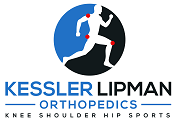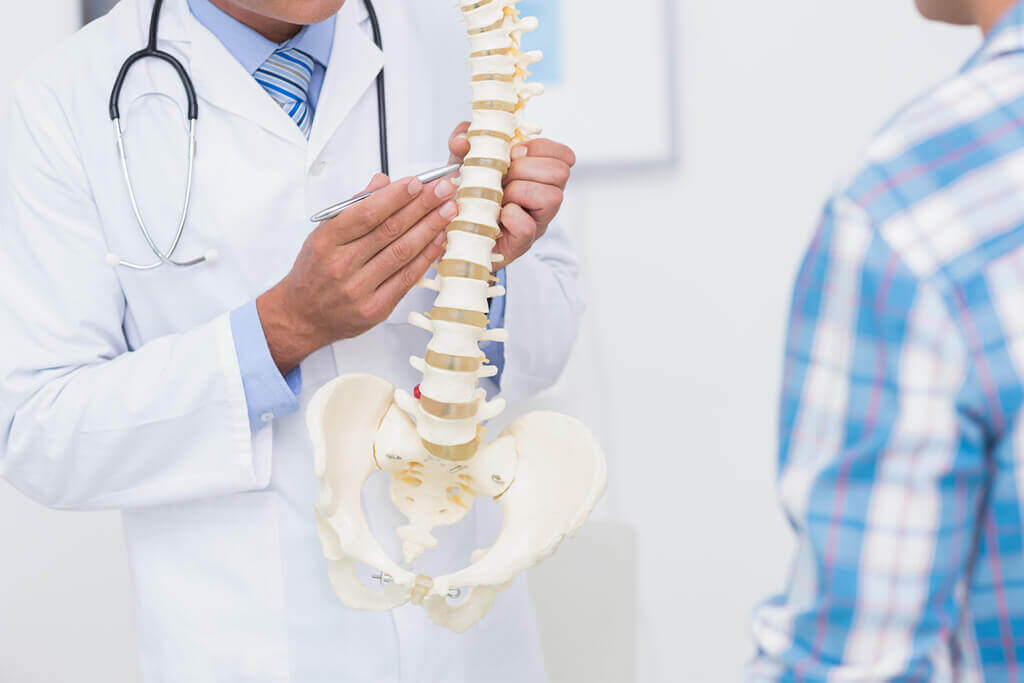Migraine Headache
Introduction
Anatomy
Causes
Migraines are a type of primary headache, meaning that they are not caused by an underlying medical condition. The precise cause of migraine headache is unknown; however, researchers suspect that it involves changes in the way the trigeminal nerve functions and certain brain chemical fluctuations.Symptoms
Diagnosis
Treatment
There are a variety of medications to help relieve the symptoms of migraines. Migraines are treated with over-the-counter or prescription pain-relieving medications. Your doctor may prescribe preventative medications as well.Prevention
Your doctor may prescribe medication to help prevent migraines from occurring. You may help prevent migraine headaches by:
• Avoiding the triggers that cause your migraines, such as alcohol or specific foods
• Perform regular aerobic exercise
• Ask your doctor about possible alternatives if you take estrogen medication
• Establish regular sleep patterns
• Practice relaxation techniques
Am I at Risk
Triggers and Risk Factors for Migraines:
• Hormonal changes associated with menstruation, pregnancy, menopause, or hormonal medication
• Not eating or skipping meals
• Certain foods including alcohol, aged cheese, chocolate, fermented food, pickled food, marinated food, or MSG
• Stress
• Bright lights or glare
• Certain odors or scents
• Changes in sleep pattern
• Intense physical activity such as exercise or sexual activity
• Certain medications
• Weather, seasons, pressure, or altitude changes
Complications
Advancements

Copyright © - iHealthSpot Interactive - www.iHealthSpot.com
This information is intended for educational and informational purposes only. It should not be used in place of an individual consultation or examination or replace the advice of your health care professional and should not be relied upon to determine diagnosis or course of treatment.
The iHealthSpot patient education library was written collaboratively by the iHealthSpot editorial team which includes Senior Medical Authors Dr. Mary Car-Blanchard, OTD/OTR/L and Valerie K. Clark, and the following editorial advisors: Steve Meadows, MD, Ernie F. Soto, DDS, Ronald J. Glatzer, MD, Jonathan Rosenberg, MD, Christopher M. Nolte, MD, David Applebaum, MD, Jonathan M. Tarrash, MD, and Paula Soto, RN/BSN. This content complies with the HONcode standard for trustworthy health information. The library commenced development on September 1, 2005 with the latest update/addition on February 16, 2022. For information on iHealthSpot’s other services including medical website design, visit www.iHealthSpot.com.


